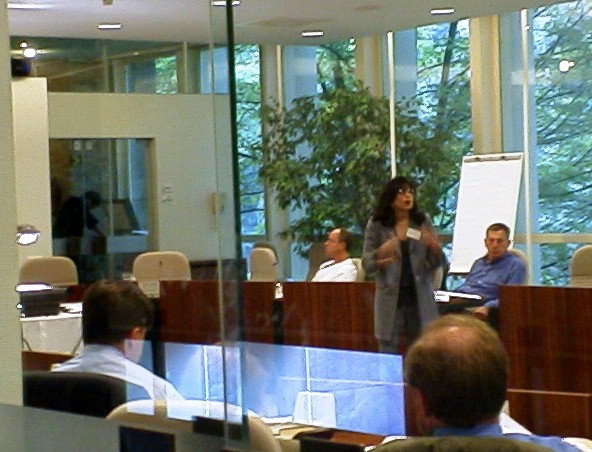Dynamic Aspects of Public Expenditure
DYNAMIC ASPECTS OF PUBLIC EXPENDITURE
A CEPR/EPRU Conference
Copenhagen, 28/30 September 2001
Organizers:
Timothy Besley (London School of Economics and CEPR)
Lans A. Bovenberg (CentER, Tilburg University, and CEPR)
Albert Marcet (Universitat Pompeu Fabra, Barcelona, and CEPR)
Thomas Renström (University of Durham and CEPR)
Peter Birch Sørensen (University of Copenhagen and EPRU)
General Background
The conference series Dynamic Aspects of Taxation and Public Expenditure consists of three meetings and intends to address the long- and short-run consequences of tax and public-expenditure policy. The meetings will bring together international experts as well as young scholars. The conferences will enhance research on the dynamic aspects of public economics, which are underrepresented in comparison to the static literature.
The first meeting, which took take place at Tilburg University 8-10 September 2000, focused on the issue of taxation, in particular taxation of capital versus labour income, inter- and intra-generational equity concern, and tax co-ordination.

Laura Marsiliani,
discussant on
Friday 8, 2000
Background to the Second Meeting
There is a clear need to investigate the dynamic aspects of public finance. This conference will address the dynamic aspects of public expenditure on education, infrastructure and public goods, and will bring together both experts and young scholars to discuss the latest research findings and methodology.
There is a growing concern regarding education policy and its consequences for both efficiency and equity. Since education policy will have effects on the skill distribution in the future, a dynamic perspective is essential. Public investment in infrastructure is important for the ability of goods and services to flow freely in a globalised market. Consequently, there is a concern about the decline in the ratio of public investment to gross domestic product that has occurred in many countries. In evaluating these issues, both theoretically and empirically, it is important to realise that public investment has productive benefits for more than one period. These issues are the focus of the second meeting. The conference will bring together researchers from both the Public-Finance field and the field of Dynamic Macroeconomics. The aim is to integrate the latest research contributions and to generate an agenda for future research.
For full programme and contact information of participants, visit the Conference Web Site!
Back to the Conference Series Indexpage.
Back to Thomas Renström’s Homepage.
Back to the Department’s home page.
